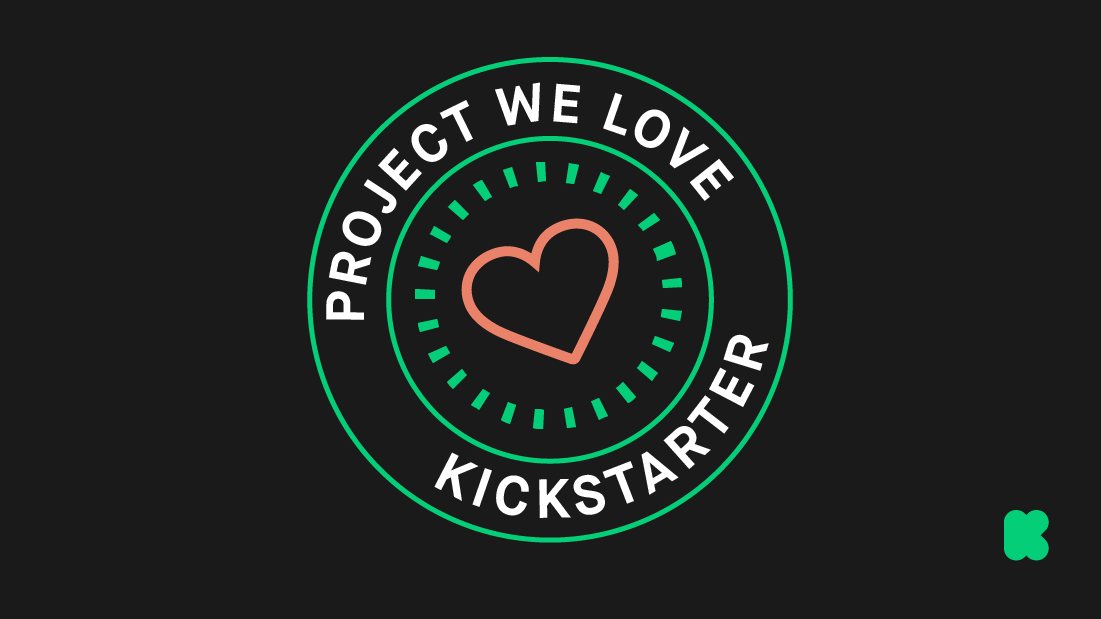Introduction link h2
This coming April brings us to another Autism Acceptance Month, and while there are certainly members of the autistic community who are grateful for the recognition, that is not the case for all. A few years ago, I met a young man that absolutely dreaded it. He was bright, curious, easy to talk to, honest, hardworking, social… and also autistic.
In the discussion group for adults that I ran for several years at Mass General Hospital’s Aspire program, this young man shared that each April reminded him that he was “defective” (that was the exact word he used). This statement resonated with the other young men in the room; they, too, felt disdain at the blue lights, puzzle-piece bumper stickers, fundraisers in grocery stores, and subsequently, the month of April itself.
To my surprise, they also affirmed his choice of words; they shared this young man’s feelings of being “defective” when encountering reminders of their autism. This revelation was both shocking and left me with a heavy heart. I didn’t see any of them as “defective;” I saw them as being like me: they had things that were challenging for them and other things that they could do with ease. In my mind, the difference was that their specific challenges happened to fit into a diagnostic “box” that came with a label – autistic.
We spent hours unpacking this feeling of being “defective” as it related to autism. I wanted to understand what part of them gave rise to this experience. What we found was that the largest contributor to these thoughts wasn’t internally driven, but rather was the behavior and words of the people around the members of my group: others’ words became these young people’s inner voices. If they went to the doctor for autism-related treatment, they concluded that they must be sick. If they saw a sticker that said “cure autism,” they concluded that they had a disease and would be better if it was somehow cured. Their teachers focused on all the things that they couldn’t do in contrast to their peers, leading them to feel that they were defective. These continued experiences further accentuated their challenges and undercut their confidence.
This illuminating discussion caused me to consider how parents and professionals can help to keep these feelings of defectiveness from taking hold in the minds of autistic kids. It became clear that the first step is to change what we ourselves believe about autism; only then can we change the way that we behave. Instead of framing autism as a series of challenges and deficits, begin with an individual’s strengths and consider how to leverage them to overcome challenges. For me, learning about the term “neurodiversity” helped me learn to speak in a way that normalized challenges and emphasized strengths for the autistic and ADHD folks I work with. Neurodiversity is a term that describes the natural variations of minds in the human species. Just as there are a myriad of naturally occurring physical attributes like eye colors, hair colors, skin tones, body shapes, there are also many natural variations in the way our brains work. Embracing the concept of neurodiversity involves embracing a world where the diversity of minds is valued in our schools, workplaces, communities and relationships for the multiplicity of perspectives and skill sets that they provide.
When we shift from highlighting perceived inadequacies towards emphasizing our children’s strengths, their self-esteem naturally grows. When we accept our own challenges and normalize our own struggles, we teach our children that failures are just setbacks rather than markers of “defectiveness.” Additionally, introducing your child to the concept of neurodiversity can help them to see themselves in more nuanced terms and give them a sense of pride as they realize the many strengths that come with an autistic mind.
Let’s make this April a time for not only raising the general population’s awareness and acceptance of autism, but also a time to help instill a sense of self-pride in autistic individuals.
This April we are especially excited that our (fully funded) Kickstarter is running concurrently with Autism Acceptance Month! This game, designed by a team of neurodivergent gamers, has been used effectively as an interest-aligned, strength-based tool to foster social-emotional learning and connections for more than a decade.
Check out the Kickstarter!

We’re honored to be a featured project on Kickstarter! Our Kickstarter Campaign is running through April 21st in celebration of Autism Acceptance Month. If you want a new TTRPG to try, or are interested in how role playing games can foster social emotional skills, we’d love for you to check it out!
#ProjectsWeLove